How to Make No Mean No. Setting Limits With Kindness and Confidence

It’s 5pm and you are racing the clock to do the dinner / bath / bed dash. Your child asks for something, it might be a biscuit or some TV it might be for you to play with them again. Or its 8pm and maybe they are in bed, they ask for the 10 millionth thing, you both know it’s unreasonable….You say no (for a multitude of reasons from health, to safety, or a need for sleep, or because it doesn’t work for you right now) …and your child starts to get upset.
In your head you think, ‘not this again’…… You dread the meltdown that might build, you worry they won’t eat their dinner, or it will upset siblings, or it might disrupt the bedtime routine and you collapse.
“OK just ONE biscuit” or “Fine ill play for 5 minutes and no more” or “ok you can get up and have a bowl of cereal”
I can tell this story because I have lived it, many, many times over, and I know I will again. Because setting and holding limits for our kids is not for the faint hearted. It does upset our kids and we as pare...
How do you ask kids about their day at school, and get an answer?

It's instinctive to ask your child at the end of the school day: "How was school?"
You're probably keen to know how it's going, what they've been doing for the past six hours or more, what have they learnt?
But how often do you actually get an answer longer than one word?
Recently Gen Muir was chatting with Christine Layton on ABC Radio Perth all about how to get kids to really talk following a day at daycare or school.
Read more here
Sticks and stones may break my bones….. How to talk to your kids about friendship fires

We all know the saying “sticks and stones may break my bones but words will never hurt me”. This is the old school approach to dealing with conflict or ‘friendship fires’ between kids which when you think about it, is pretty emotionally dismissive.
Because here is the thing: words can, and do hurt.

So why do we tell our kids to ‘just play with someone else’ or ‘dust it off’? Quite simply, we want to make it better. This can either look like telling our child to play with someone else (sticks and stones), or ringing the parent of the other child / charging into the school and demanding action.
None of these options are great for our kids because they don’t empower our kids, they don’t allow them to feel ‘heard’, and this means our kids are left feeling alone with their feelings and less confident about how to handle a similar situation in the future.
We want to make sure our kids feel connected and heard in their emotions. This helps them process what happened and actually ...
Good enough parenting is good enough - My 5 Golden Parenting Rules

As Featured in Mamamia
This week, mum-of-four, Genevieve shares her Five Golden Rules for parenting.
I am a mum of four beautiful boys aged five, seven, 10 and 12.
I drop more balls than I can count. At any given moment in my house there is a mountain of toast, lots of noise, and Nerf Bullets absolutely everywhere. But also, my life is full of sweet, caring, loving, fumbling, big-hearted boy love.
I haven’t always had golden rules when it comes to parenting. They have developed over time through trial and error.
I started out as a pretty intense mum, focused on getting it all 'right'. When I just had one baby, I was positive he was perfect. He ate and slept when the books said he should and I was, in hindsight, a tiny bit smug about that. Then I had a second baby, and the cracks began to show.
My perfect firstborn baby became a toddler who was pushing, snatching, and on occasion - biting! My new baby had reflux and wouldn’t stop crying. Nothing felt right, let alone perfect, ...
"They connect... differently." 3 things you only understand if you're a mum of boys.
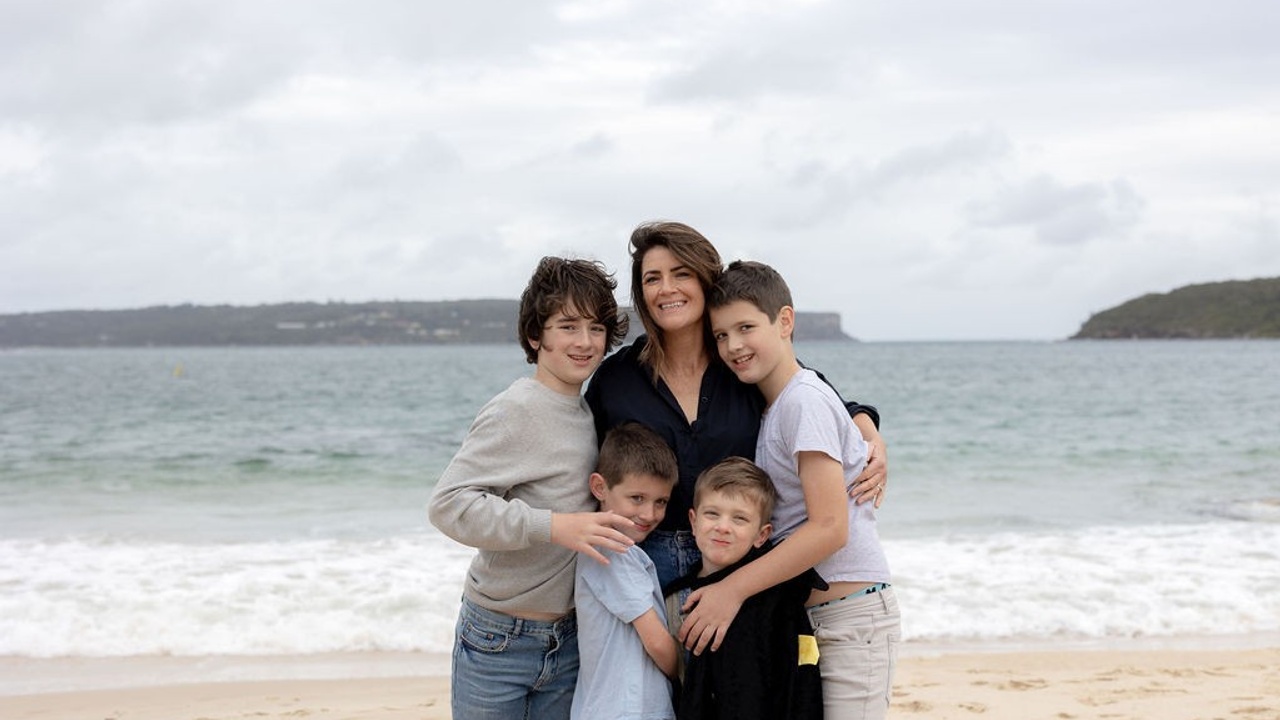
As Featured in Mamamia
"I have four sons. I have had a child at home with me for 12.5 years now. They say the days are long and the years are short. But with four boys born in seven years, there were a few years there that moved slowly.
It feels like a blur of superheroes, in my house, in my car, and often, in my bed.
Next year, my youngest son starts primary school. My boys are now aged five, seven, 10, and 12.
I am technically in the golden years. Out of the nappies, the toddler stage, and the sleepless nights, and not yet into the peril of teenagers. "
Read more here
Tricky Transitions for Toddlers
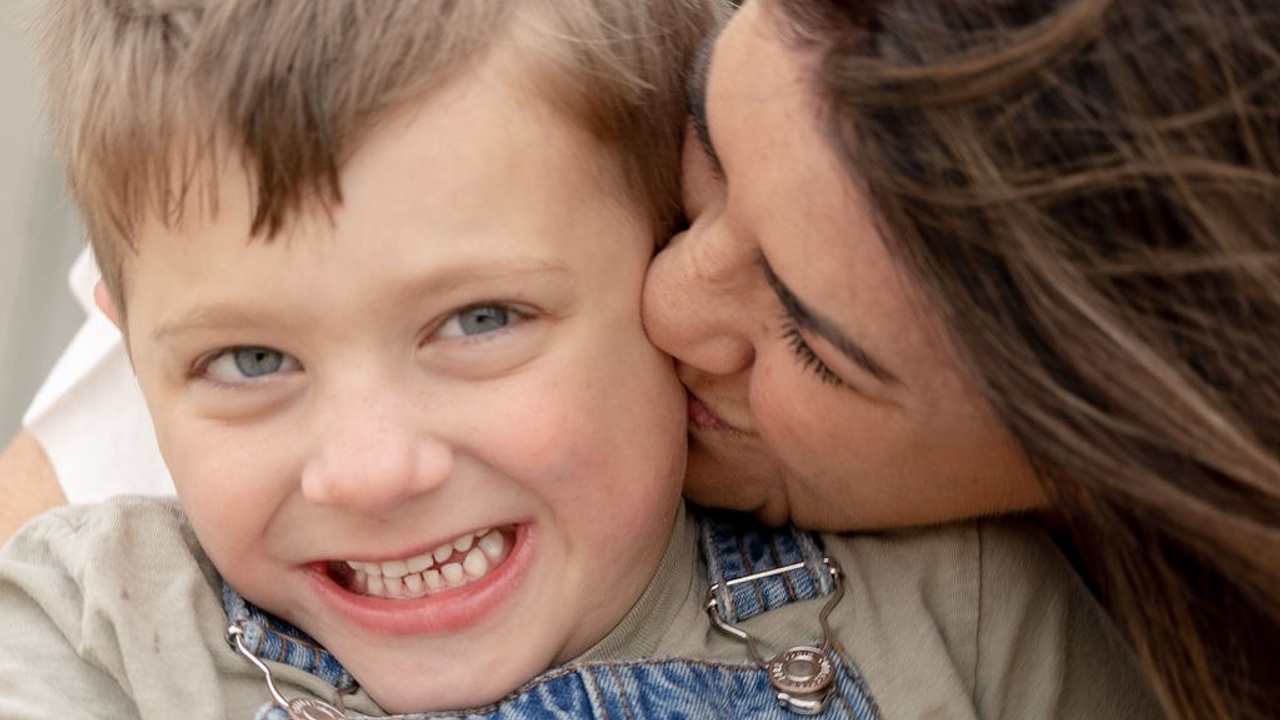
“I don’t want to go to daycare today”
It is human to struggle with transitions, but no one on earth struggles more than our gorgeous toddlers.
Some days it feels from the minute their chubby feet hit the floor they are crying because you cut their toast in triangles instead of squares and every little thing is a battleground!!!
They don’t want to get into (or out of) the car or the bath and they are definitely not listening when you tell them it’s time to stop playing and put their shoes on for day-care.
So, what’s up with that?
Why is it so hard?
And more importantly, how can we bring more peace to tricky transitions for our toddlers?
Firstly, why is it so hard?
Because these little humans, are just making sense of their world. Their emotions and brains are still developing. So, they cling to routine because it helps them feels safe, and they drag and stomp their chubby feet to let us KNOW.
The thing is, I really get why toddlers struggle. I find it hard to finish ...
How little objects can help kids with big transitions
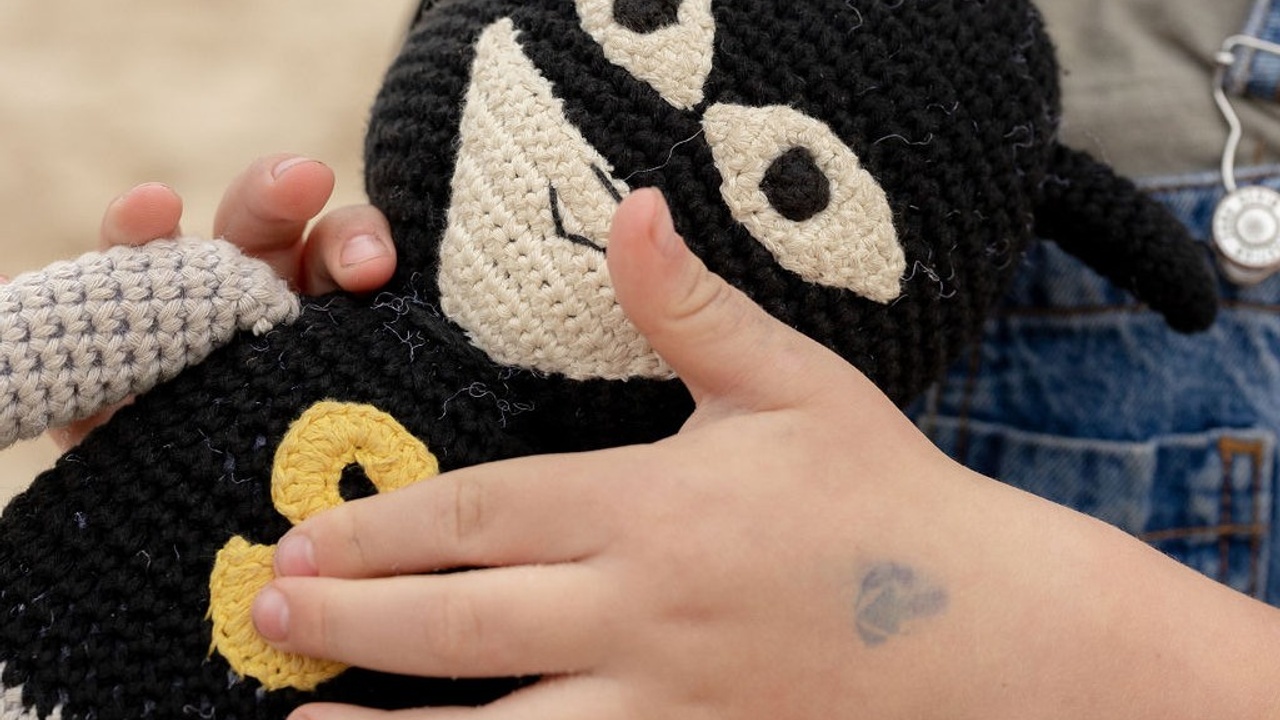
When my eldest son was about 14 months he fell in love with a green block he simply called "Green”. The block was a part of a 5-piece puzzle that his family day care educator gave him for Christmas, and he grew very fond of the square green block over the 4 other shapes and proceeded to take it everywhere.
He slept with it, ate with it, he bathed with it and once left it at a beach about 2 hours from our home and you BET we drove back to get that block!!
I remember thinking it was so strange, it wasn’t cuddly or nice to sleep with, he'd never had a special blanket or toy he was attached to and why on earth this green wooden block?? I remember worrying that he may need that green block next to him as he sat for his driver’s licence or when he got his first job he loved it so much.
In hindsight it’s a bit clearer that at that age, he had begun day-care. He was starting to get a sense of himself as a separate being from us. I think that “Green” was helping him to feel safe as he began...
This parenting hack rarely takes more than a minute & it will change your child’s day
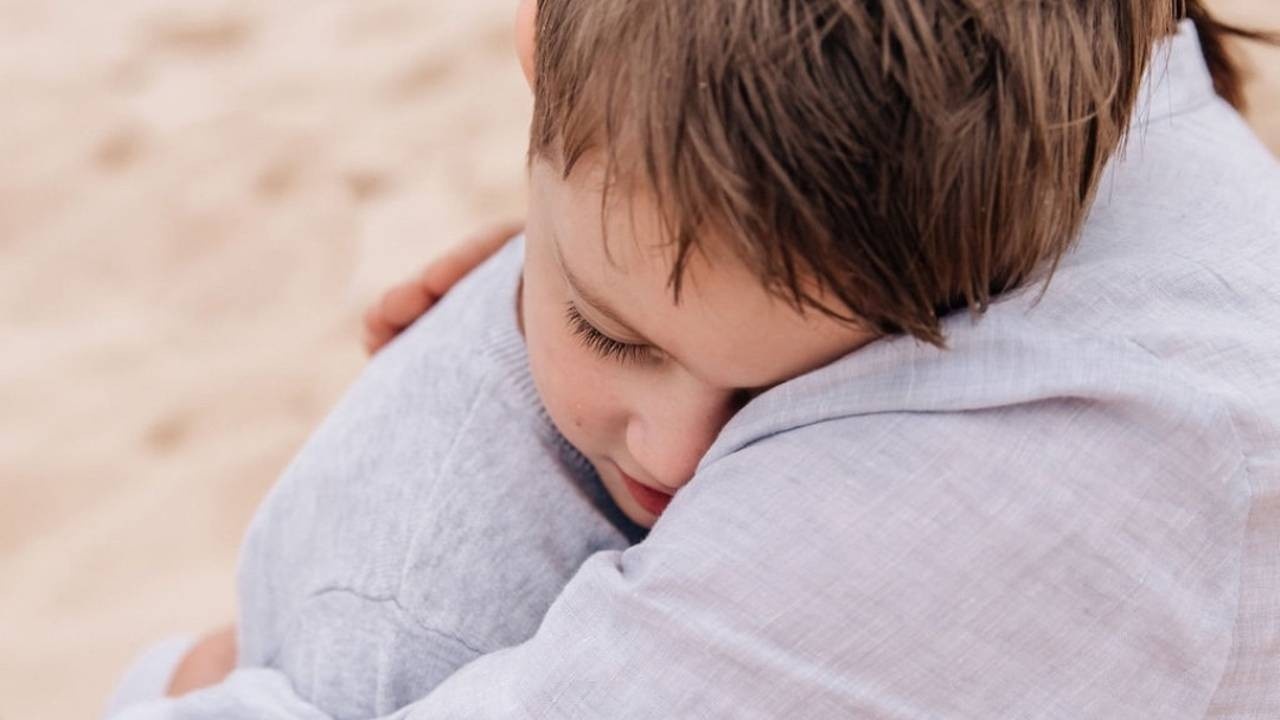
How to let your child know they are the centre of your universe in one hug.
Despite what the Hallmark cards suggest no child actually permanently occupies the centre of their parent’s universe 24/7. It’s just not possible.
We love our children to bits, they are undoubtedly at the centre of our hearts and our minds and a perpetual priority but, babies aside, no parent can devote their every waking moment to a single child. All parents have competing demands on their time, their energy and their focus. There are jobs parents need to do - paid and unpaid - to provide for their children.
There are relationships to maintain, physical and mental health to take care of, responsibilities to relatives, the never-ending debacle of washing, not to mention the demands of multiple kids. No one child can ever really be the permanent centre of a parent’s universe, because, as a parent, keeping a child’s world ticking means we have to keep ourselves ticking.
So let’s be clear: the idea that an...
You are all your baby really needs, adjusting to life with a new baby

Having a baby? Three things that are good to know, and the ONLY thing you really need to know.
Working as an Obstetric Social Worker in a busy maternity unit, I am often told by new parents that “nothing could have prepared them for what it is REALLY like to become a parent”.
Often they tell me they really couldn’t have pictured the huge mix of emotions, the challenge of feeding a newborn, and the healing that takes place in the first weeks.
When we start to talk about the process of adjustment that is taking place for them and their baby, they will often tell me that they already feel completely overwhelmed by the information overload. So much advice out there, so many opinions and how to know what to listen to.
I often reflect on what we should be telling parents to be. What parents really need to know. So I have aimed to keep this piece really simple.
1. Your baby will take time to adjust
For the first 12 weeks your baby isn’t quite ready to be here. We are so delighted ...
All is not lost; the upside to siblings meeting for the first time at home.
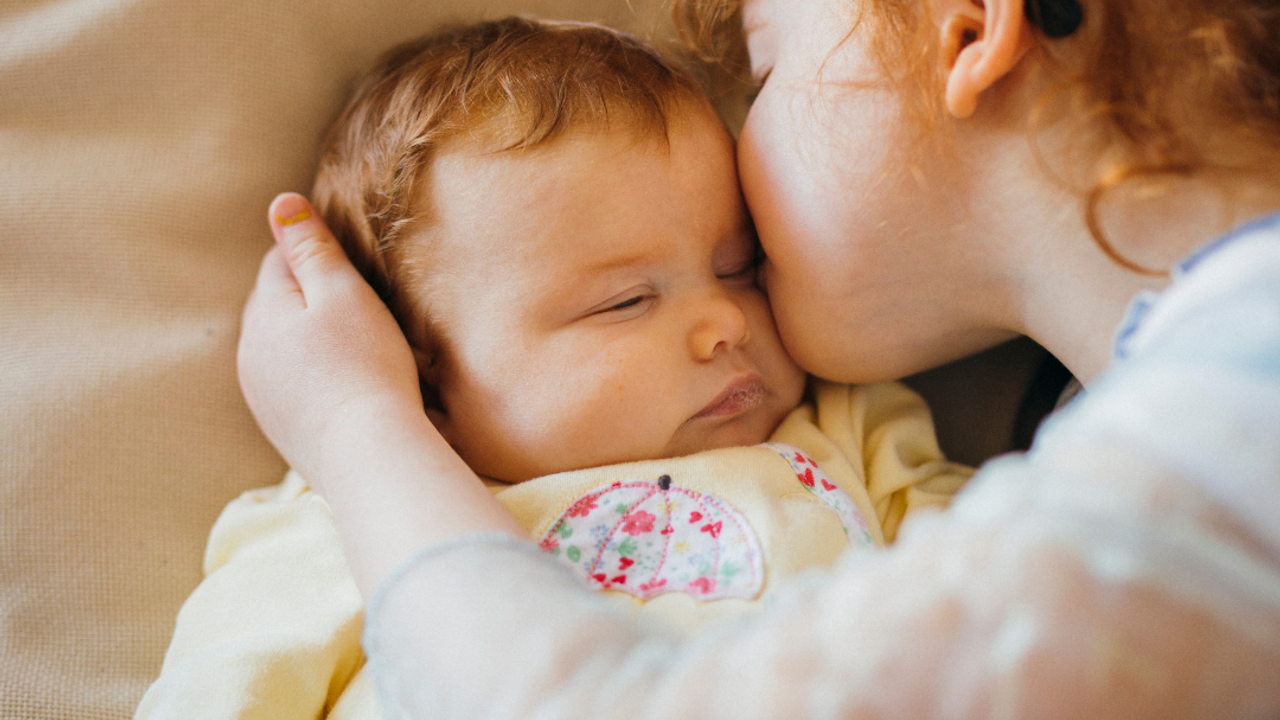
If you are expecting another baby, I’m sure you would have imagined introducing your newborn to your other children in the hospital. Perhaps you thought of your toddler cuddling your newborn in your hospital bed with dad operating the camera, ready to capture the perfect moment for eternity, or anticipated them peeping into the clear hospital bassinet with a big grin.
Current visitor restrictions in many hospitals in Sydney right now impact the way older siblings meet a new baby for the first time. So many parents I work with can be really sad and worried about this, and this grief is valid. However, there are some benefits to making this introduction at home.
I certainly anticipated the perfect introduction of a new sibling when I had each of my four boys, but the reality was not nearly as idyllic.
Despite my high hopes, this is what really happened. While I lay with my new baby in the ward, I could hear my toddlers the minute they got out of the lift, tearing through the hospital...

